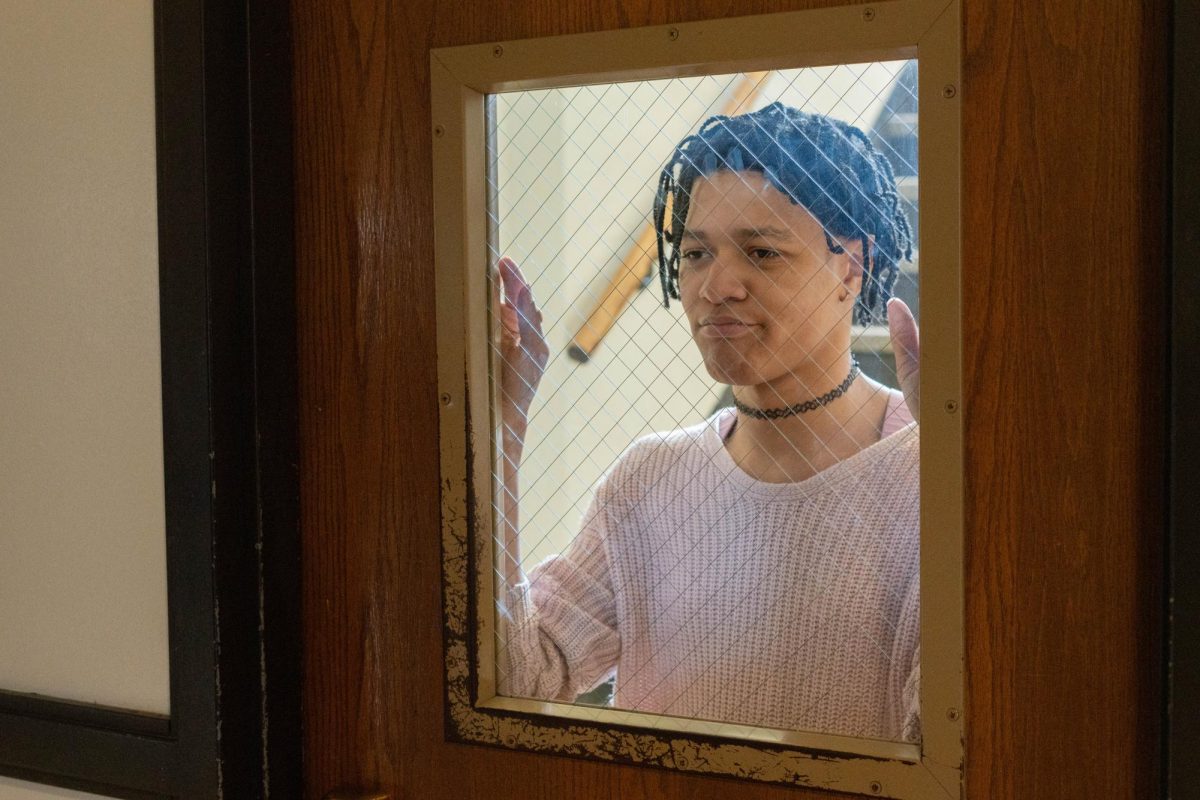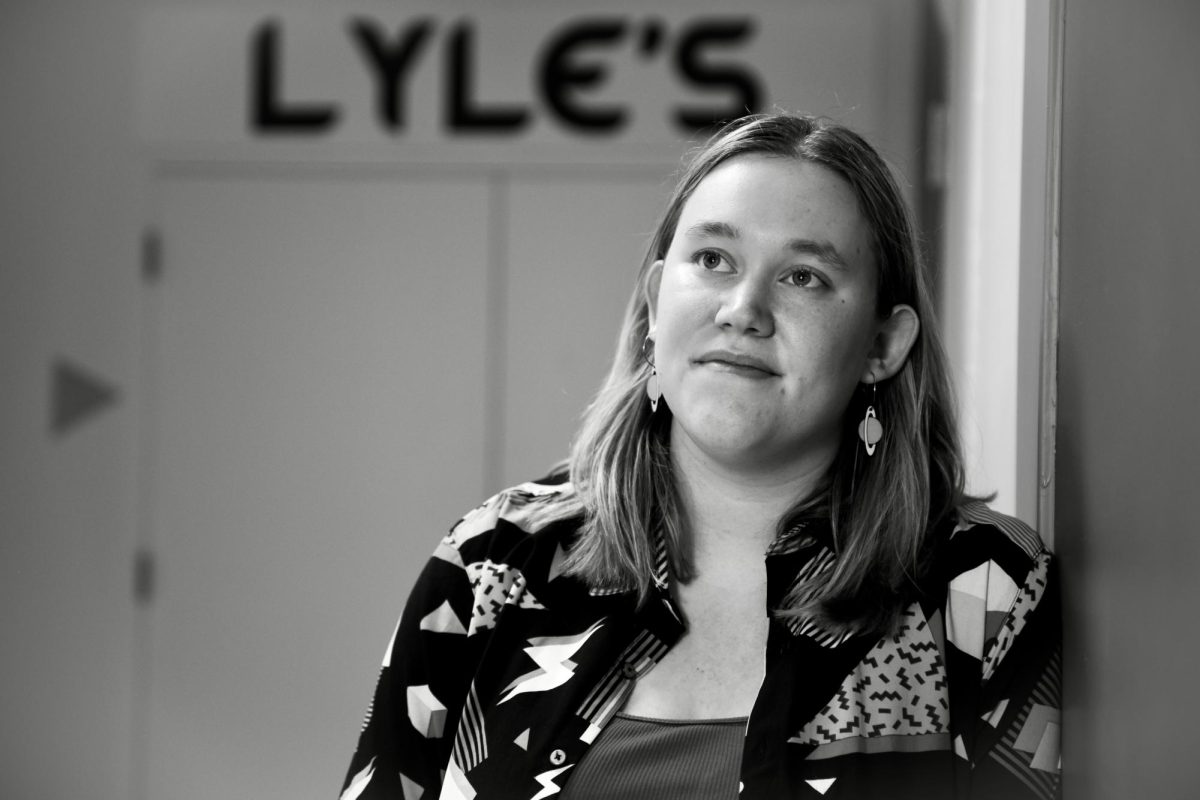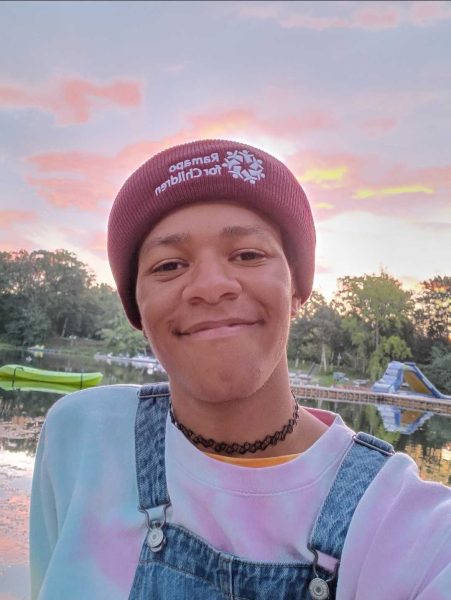Presently, my friends are laughing and reveling on a warm Wednesday night while I languish at a typewriter for pennies on the dollar. Unfortunately, between my job, assignments and clubs, it’s impossible to make it to everything. Managing your time and priorities in response to that disappointment leads most people to whine, reschedule and bounce back… or so I’m told. As I patiently await the slow development of my frontal lobe, it dawned on me that the uninitiated might be missing out on the point of the Fear of Missing Out (FoMO), leaving some Grinnellians unaware of its ups and downs.
At its core, FoMO is conceptualized within the framework of social relatedness and social ostracism, which means I finally get to justify my psychology major publicly. FoMO usually means more than being bummed about receiving an insufficient amount of invites. If it were that simple, the Grinnell party chain would be on a list of health hazards.
For some people, those negative emotions are rooted in a desire for continuous connection. Since it’s typically linked to the fundamental need for belonging and forming meaningful relationships, FoMO is more than just a fleeting attack on your ego and sense of self-worth — it’s an emotional state characterized by feelings of inferiority and loneliness.
As I’ve matured, the Fear of Missing Out (FoMO) evolved from a high school buzzword to a more common psychological and social phenomenon. In a partially post-pandemic society, we’re already individuals bombarded with glimpses into the lives of others through obvious avenues like social media. Still, FoMO can manifest more generically than that, especially at a small liberal arts college like Grinnell.
We joke about Grinnell being small, but it took me longer than most to conceptualize just how small. I’d be surprised if an FBI agent could successfully have a private conversation in the Grill. When the campus can be boiled down to three significant student buildings, you end up awkwardly aware of your peers through that repeated, incidental exposure.
The M might as well stand for Marcy because I’ve been a FoMO pro since my first year. During the early parts of the lockdown, it was easy to rationalize that everyone’s life had ground to a halt. It was impossible to miss out on anything if nothing was happening, but, unfortunately, my comfort didn’t continue to survive those feelings when I got to campus. I heard about so many memories, moments and memes from the months I missed that I feel like vomiting thinking back on it, and it felt especially jarring to see the consequences of missing out on that single semester.
The insecurity that I missed the “prime time” to build relationships can persist and exacerbate itself, and it was even scarier to imagine missing out anymore. Grappling with time and the pressure to live up to societal expectations can be daunting, amplified by the close-knit nature of the Grinnell campus.
Grinnell College already represented a new and exciting place full of opportunity, which was initially different from how things worked out. In the aftermath of quarantine, the urge to engage in the quintessential college experiences — parties, relationships and road trips — can feel like an unattainable benchmark. As a graduating senior who took a COVID semester, I still don’t receive emails for significant events like 100 days or my own commencement ceremony, which makes it easy to feel like you slipped through some kind of social cracks.
Eventually, FoMO can become the best bro and help you realize that the boundaries of campus are one point for exploration and growth. As thankful as I am to have grown out of it, those disappointed and anxious feelings weirdly motivated me to take giant leaps of faith in what I’m willing to try and with whom I’m eager to interact.
Though there’s something to be said about overworking oneself to try and accommodate never missing something in practice, it’s another thing to use those feelings as a gauge for one’s boundaries, interests and opportunities, especially as they navigate as complex of an atmosphere as Grinnell. For me, that was becoming a school reporter. Subtle plug, but, if you’ve ever needed strangers 101 exposure therapy, then The S&B is right for you. I already enjoy writing and editing, but freshman Marcy also wisely considered the idea that as a journalist, you’re obligated to leverage your access and knowledge to cover what matters on campus. Taking on the role of a reporter provided me with a sense of direction, and helped reorient how I looked at the campus and thought of my classmates.
As I navigated my feelings and had conversations with new people, I started to really appreciate the more fantastic narratives that make up the people at this school. You go from the superficial to something slightly deeper and gain an insight into the club that they’re a part of, the event that they excitedly hosted, or even simply a tour of their room. Over time, people become more of people, and you stop glamorizing who they are in the lives they live and what they might be doing Without You.
After reading this, I can’t guarantee that you’ll experience FoMO no mo (?), but hopefully, it’s conceivable to transform the fear of missing out into a Feeling of Moving On™, leaving behind the part of yourself fixated on what you couldn’t do or what you might have missed. Instead, you can evolve into someone who takes pride in what they have accomplished and the choices they make with their time. Or, as a wise woman once said (that’s me), you learn to whine, reschedule and bounce back.































































